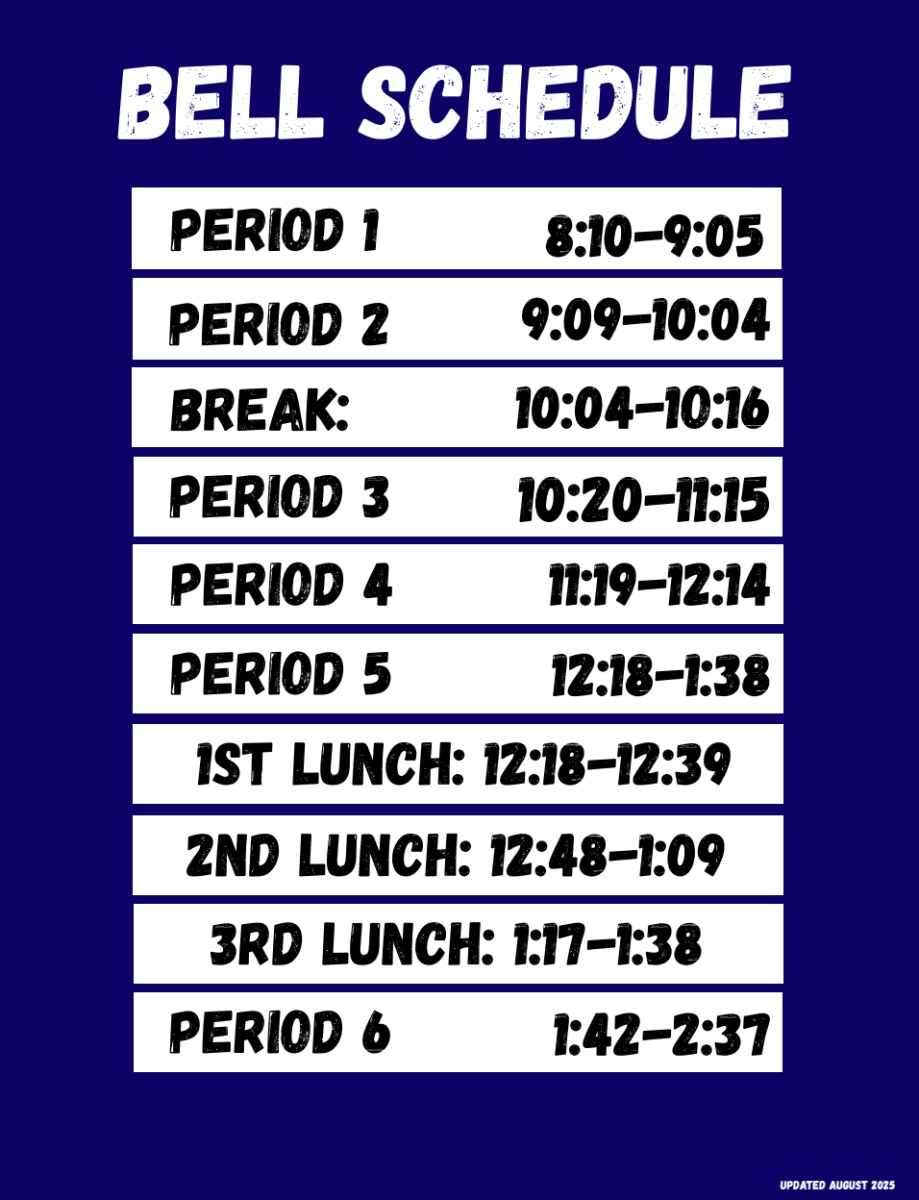With the SAT, AP tests, and finals lingering in the air, this time of year can be a very stressful time for juniors. Being able to balance studying, schoolwork, and life is something a lot of students struggle with. Here are some tips to help you feel more confident as the year comes to an end!
- Space out your studying: According to the American Psychological Association, spacing out your study sessions over a longer period of time helps with long-term memory on the subject. Although this might not be your worry for AP tests, which might be sneaking up on you, it’s better to work out this strategy now, during smaller quizzes or tests, so when finals come along, you don’t have to relearn everything from the entire year. A reason this tactic works might be because reading through subject material, then taking a break, and then working your way back to it, forces you to jog your memory about what you learned. This enables you to cement that information into your brain.
- Quiz yourself: This might sound simple, but testing yourself about the information you just learned can be one of the most effective ways of retaining information. You can do this in a more formal manner, by making a Quizlet set and taking the test, or having Chat GPT write you a mock test (which can be extremely useful), or in a more casual sense, like having a family member read off flashcards.
- Take a break and reward yourself: Studying can feel like a nuisance, and nobody looks forward to spending their entire day sitting at desks and reading textbooks. Creating manageable goals for yourself and a reward if you reach them can make your brain have a little bit of fun doing such a boring task. This improves motivation and productivity. Taking small breaks is also beneficial because “rest allows our brain to compress and consolidate memories of what we just practiced” (Harvard Summer School).
- Ask for help: This can be asking a teacher/staying after school, getting a tutor, asking a parent or friend who’s already taken the class, etc, but asking for assistance helps you stay on track. It’s no use studying if you don’t understand what you’re learning. Along with this, try and find a friend to study with – a study buddy if you will. Either with a single classmate or a study group, having other people to work with means being able to bounce ideas off one another and quiz each other. Everyone is probably in the same boat, and having someone to share the stress with can be relieving.
Although cramming is never ideal, it is the reality for a lot of students when exams seem to just pop out of nowhere. Here are a few tips to effectively cram for a big test:
- Plan what you need to learn: Going into the study session blind can waste more time than setting aside 10 minutes to go over the review or syllabus and writing down all the topics you need a refresher on. This helps prevent wasting time relearning things you already know.
- Memorization techniques: When cramming for a test, memorization is your goal. A few ways to check retention are repeating information over and over, rewriting information, making up rhymes or songs, creating acronyms, etc.
- Using a voice recorder: When you have a limited amount of time to study for something, utilizing all your time can help tremendously. Record information from your notes or textbooks that you would like to retain, then play it while you’re completing other tasks (sleeping, driving, chores, etc).
Hopefully, this article was a reminder that starting to study early, even for just 10 minutes, can truly help in the long run. Studying is more about quality than quantity; therefore, studying effectively will go further than studying endlessly. Remember that sleep and food are the most important things before a test, so don’t lose sleep for an extra hour of tired studying. For people taking AP tests over the next week or two, good luck! And good luck to everyone else with upcoming finals, SATs, or college applications!














